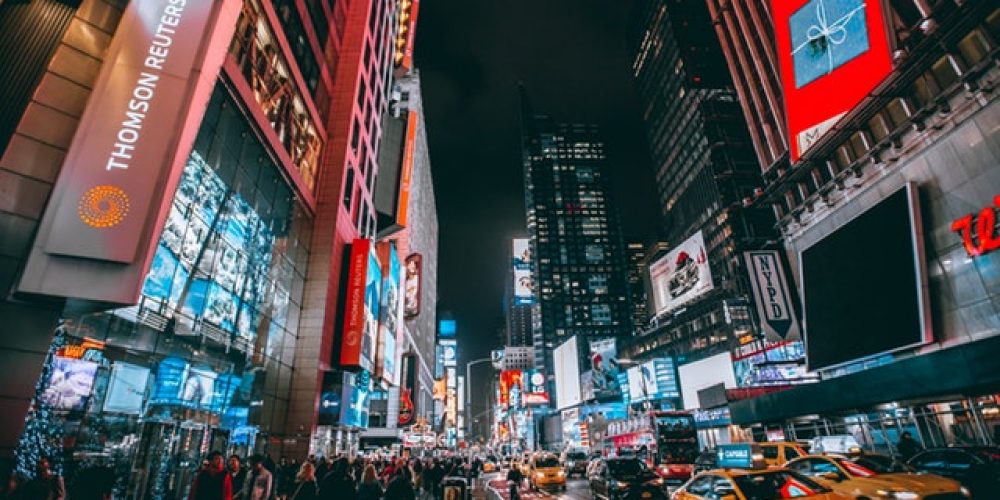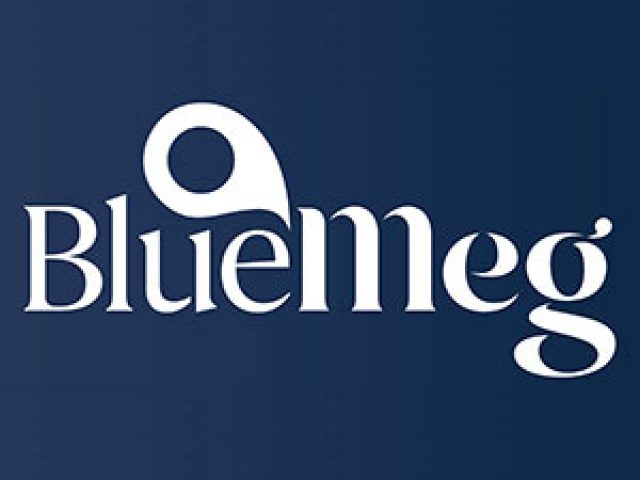To start, Singapore is a free-market economy. This means that good and services are priced based on the willingness of the consumers, not the government. Supply and demand are not intervened at all by the government either.
Free Trade
When it comes to free trade, Singapore is known as the most open in the world. This is one of the many reasons that entrepreneurs choose this country to start their businesses. The trade and government in this country is also in the top three for least corrupt. When doing business with other countries, and even just nationally, this is critical. No one wants to do business in a place where government bribes or wealth status are the only way to work. Singapore is one of the most pro-business places in the world and work very hard to encourage startups and fund them to see them thrive. The government provides a plethora of funding, tax breaks, and other services to help startups in their first few terms to make an impact in the world of business. They also have deals with over 50 countries to avoid double taxation.
Stable Market
Singapore has a very stable market and currency. This is why there is a tremendous flow of capital into the country from foreign investors. It is also why Singapore is a leading financer for the world. The stability in this market is almost incomparable. This wealth management is one of the leading sources of revenues that Singapore has. Their main exports consist of technology and chemicals which make up the other majority of their income. Singapore relies very heavily on these goods and services because there is a great lack in natural resources. The city-state even has to import water from Malaysia due to such scarce resources.
Import and Export
However, these scarce resources don’t hinder Singapore too much. They have the second busiest port in the world. This may be in part because of how much they rely on imports. A main factor in their GDP is buying raw materials and refining them to export such as oil and water. This has also been very lucrative for Singapore as they have one of the strongest workforces in the world. Singapore’s major trade partners consist of China, Malaysia, the United States, and the European Union. For a small country they account for huge percentages of imports and exports for these countries.
Workforce Economy
Due to their lack of resources, they were forced into developing their education systems to help their people thrive and survive. What they lack in natural resources, they make up for in educated, talented, and hardworking labor forces. The city-state also has no issue with bringing in foreign labor. The Ministry of Manpower has mastered their regulations and immigration policies to allow foreigners the opportunity to add to Singapore’s economy and workforce. They recognize that international talent and intelligence can be very beneficial, especially for entrepreneurs who look to start businesses.
In terms of income, Singapore is trying very hard to reach equality. The government also owns 90% of the land and 80% of the real estate. However, this is because they subsidize the housing to make it as affordable as possible for its people. They have one of the lowest populations of poor and homeless in the world along with some of the best education and public service schemes.
Overall, Singapore’s economy is stable yet thriving. Even Swiss banks are having trouble competing with the financial powerhouse. Their free market is one of the most open in the world and they are extremely pro-business and entrepreneurship. Although they are required to import a majority of their resources, they are phenomenal at refining and exporting final products. There is no better place than Singapore for a safe, stable, and reliable market.


















